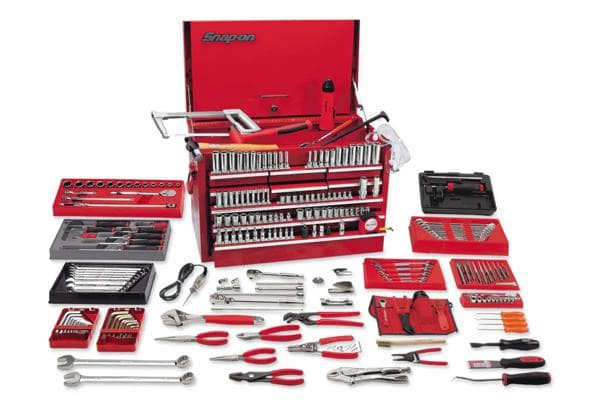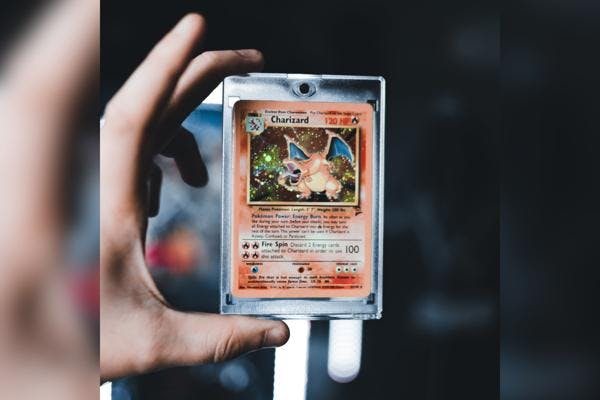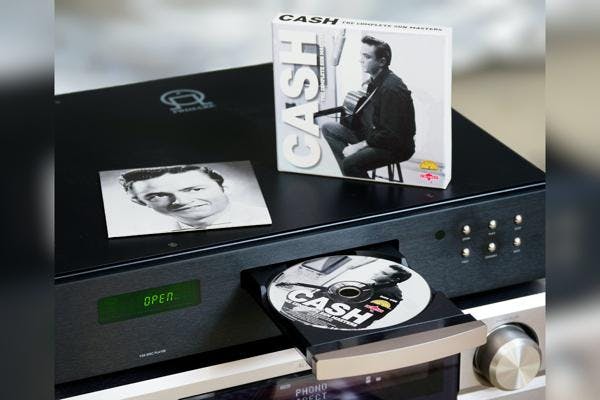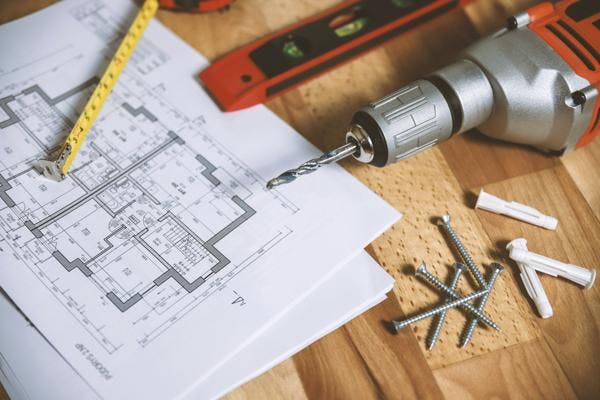
Unleashing the Value: Pawning Snap-on Tools at Pawn Shops
Many pawn shops pay top dollar for good condition tools and equipment.

The popularity of television shows like Pawn Stars and the Pawn Shop Chronicles result in many myths surrounding the pawn industry. While Pawn Stars is very popular, not all pawn shops operate the way as Gold & Silver Pawn Shop in Las Vegas. In reality, the pawn industry is very diverse and helps many people access money without credit.
Most pawn shops are small businesses that serve local communities. Pawnbrokers must maintain a solid reputation to gain the trust of customers to generate repeat business. Pawn shops are heavily regulated by local, state, and federal laws - this means that pawn shops must follow rules and properly represent their goods.
Pawn Stars frequently shows customers bringing in odd pieces of history and sports memorabilia. While these items are very interesting and unique, they often represent only a fraction of the inventory in pawn shops. Usually, pawn shops have a wide assortment of inventory such as jewelry, gold, silver, electronics, musical instruments, tools & equipment, cars, and more.
About half of pawn shop transaction volume is usually jewelry such as diamonds, wedding rings, and gold. Pawn shops that accept jewelry usually have an in-house jewelry expert who can value the item immediately.
call in an expert
Rick on Pawn Stars frequently says Let me call in an expert.
This usually involves bringing in a subject matter
expert who can further discuss and value the item.
The subject matter expert helps the pawnbroker understand the authenticity of the item and cites any recent sales comparisons.
Pawn Stars deals with high-value items more often than the average pawn shop. The average pawn shop loan is typically under $200. Pawnbrokers typically ask for third-party advice from subject matter experts only when the item is worth thousands or tens of thousands of dollars.
Pawn shops do not want to buy or accept stolen goods. Pawn shops must comply with local, state, and federal laws that prohibit buying and selling merchandise that is known to be stolen. Pawn shops can lose their operating license if they are found to be trafficking in stolen property.
Pawn shops must notify local law enforcement if they find out that an item is stolen. Also, pawn shops use software databases to work with local law enforcement to identify stolen property. You can read more about why pawn shops do not want stolen property.
Pawn shop loans have higher interest rates than traditional loans like mortgages, auto loans, and credit cards - this is because pawn shop loans are typically short-term loans more similar to title loans and payday loans.
Pawn shop loans can often be lower cost than similar short-term loans. Pawn shop loans are collateralized,
which means that the borrower must pledge something of value as collateral to get the loan. The collateral reduces the
non-payment risk for the pawnbroker, so the pawnbroker can give better interest rate terms.
Learn more about how pawn shop loans work.
Pawn shops are regulated businesses and they must follow the same rules as all other jewelry stores and retail clothing stores. In the United States stores can be held liable for knowingly selling counterfeit goods. The brand manufacturers can sue the merchant for damages in court.
Pawn shops inspect items carefully and they try to filter out counterfeit goods. Pawn shops could face a loss on a transaction if they buy a fake good from someone and later find out it is fake - that means they would lose all of the money they paid for the item.
Pawn shops have a great mix of old and new items. Pawn shops regularly receive a wide range of items from customers. In reality, pawn shops carry a large range of good-quality merchandise such as jewelry, musical instruments, televisions, guns, and more.
Pawn shops tend to specialize in different categories. You can use the Pawn Shop Map tool to find pawn shops near you with specific categories. Some pawn shops specialize in older antique/vintage items, while other pawn shops feature newer inventory.
Pawn shops only carry inventory that they think they can sell. This means pawn shops carry inventory that caters to their local region’s demand. Pawn shops that carry unwanted or undesirable goods would go out of business quickly.
Most laws governing the pawn industry clearly state that the borrower can reclaim items pledged as collateral for a pawn shop loan when the loan is repaid on or before the due date.
Pawn shops have to follow the laws and treat customers fairly to stay in business. A pawn shop would go out of business quickly if it does not follow the rules or gains a bad reputation.
Pawnbrokers operate their businesses expecting that most loans will be repaid.
The interest charges and service fees are adequate to keep the pawn shop operating.
Pawnbrokers want to get repaid so they can put the money back to work.
When a loan is not repaid, the pawnbroker then ties up capital in the merchandise and must wait for the merchandise to be sold to get the money back.
💬 Be the first to leave a comment

Many pawn shops pay top dollar for good condition tools and equipment.

Learn how to sell your good condition designer sunglasses to pawn shops

Learn how you can exchange Christmas gifts at pawn shops for cash

Learn how to get the most money at pawn shops for your rare Pokémon Cards.

Many pawn shops still buy and sell DVDs and DVD players. Learn how much money pawn shops will offer.

Pawn shops are an essential part of the economy. Learn how you can start a profitable pawn shop in your local region.